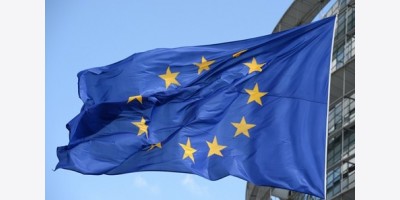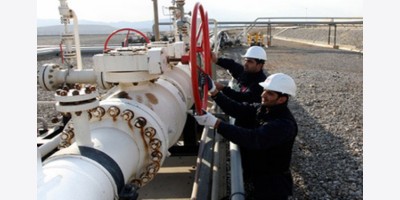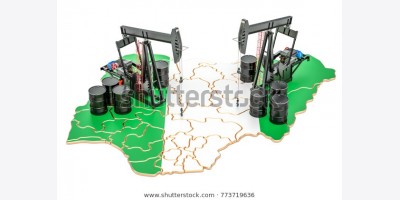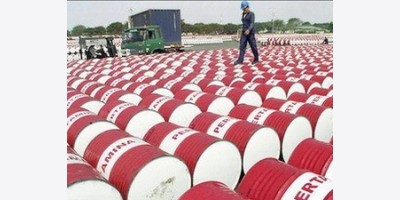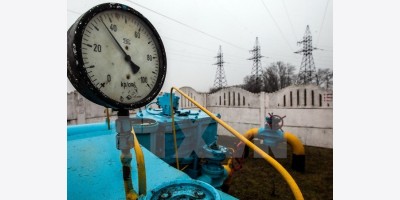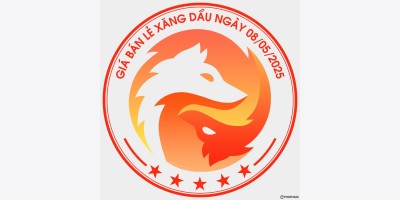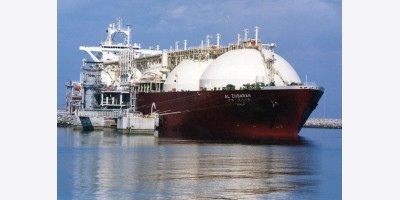Once upon a time, talk of an emergency OPEC meeting would have rippled through oil markets, likely triggering at least a brief rally in prices.
DUBAI/LONDON: Once upon a time, talk of an emergency OPEC meeting would have rippled through oil markets, likely triggering at least a brief rally in prices.
The last extraordinary meeting to discuss a price slump, in 2008, resulted in the Organization of the Petroleum Exporting Countries' largest ever production cut, paving the way for prices to double within a year.
Nowadays, however, calls for an unscheduled meeting to address spiralling prices are more a sign of growing friction within the group than a leading indicator of policy action.
Although OPEC's statutes say support from a simple majority of the 12 members can trigger an extraordinary meeting, none will occur without support from Saudi Arabia, which has yet to give its blessing, OPEC delegates say.
With oil falling further, support is growing among non-Gulf members for action and even some Gulf officials are concerned about the latest drop in prices. But the top OPEC producer's policymakers have remained publicly silent.
Without the Saudis on board, even some OPEC members who are desperate to shore up prices say an abrupt public gathering is not the way to go and might only make matters worse.
"The environment here is not to have any meeting without reaching unity in the position and measures of the majority at least," said an OPEC delegate.
"Otherwise, the meeting will be meaningless. And it might be even worse and add pressure to prices if no agreement came out."
Oil fell to almost $42 a barrel this week, its lowest since early 2009, pressured by abundant supplies and concern about the economic health of China, the world's second-largest oil consumer.
Prices deepened their decline after OPEC's 2014 change in policy to defend market share and discourage competing supply sources from rival producers, rather than cut its own supply. Saudi Arabia and its Gulf allies led the policy shift.
Non-Gulf members want OPEC to take action. Algeria has written to OPEC expressing concern about the market, delegates say, and Iran said on Sunday an emergency OPEC meeting may be "effective" in stabilising prices.
But two other delegates doubted OPEC will meet before its next scheduled gathering on Dec. 4.
"There is no emergency OPEC meeting - nothing," said one. No country has formally requested such a meeting, said another.
UNWILLING TO CUT
Saudi Oil Minister Ali al-Naimi has made no public comment on prices since June 18, when with Brent above $63 he said he was optimistic about the market in coming months.
As prices sank this week, Saudi officials remained silent.
OPEC delegates and industry sources say it would be hard for Saudi Arabia to reverse the policy it championed, particularly at a time when Iraq has boosted exports to a record and Iran is hoping to expand supplies if and when sanctions are lifted.
Since 2011, OPEC has met just twice a year. It gathered more frequently to deal with previous price collapses and held as many as eight meetings annually in the early 2000s, sometimes convening gatherings with just days' notice.
As well as an extraordinary meeting, OPEC can also convene a "consultative meeting" at the request of its president. The last one took place in late 2008, when prices had collapsed due to the financial crisis and OPEC made its record output cut.
The difference now, though, is the willingness to curb supply is not there.
"No one is ready to decrease production," said the first delegate from one of OPEC's larger producers.
A Gulf OPEC delegate said he didn't see Saudi Arabia changing strategy and that Brent may fall to $40 before recovering. Signs of lower exports from OPEC countries would be more likely to boost prices than talk of a meeting.
Iraq's oil exports fell by at least 250,000 barrels per day in the first 17 days of August, according to loading data, making it less likely a steady rise in OPEC output will be sustained this month.
"Reducing production will have an immediate strong reaction on the market - better than a meeting with no outcome," he said. "Calling an emergency meeting will not help at all."
By Reuters





